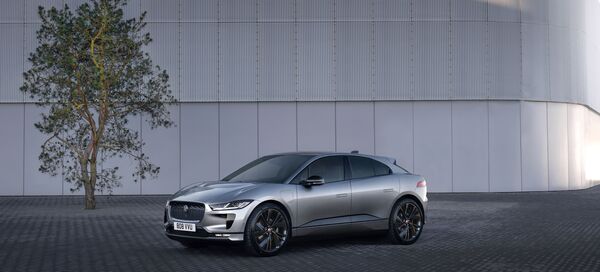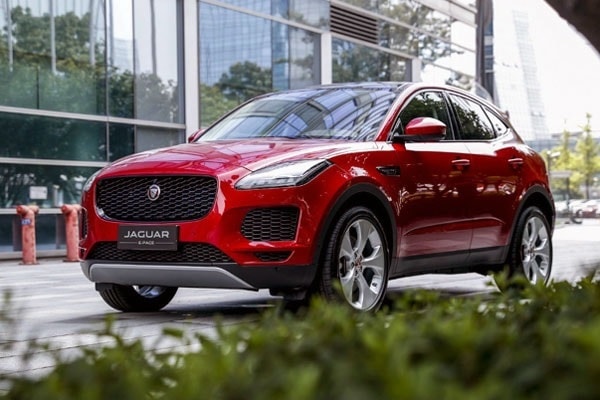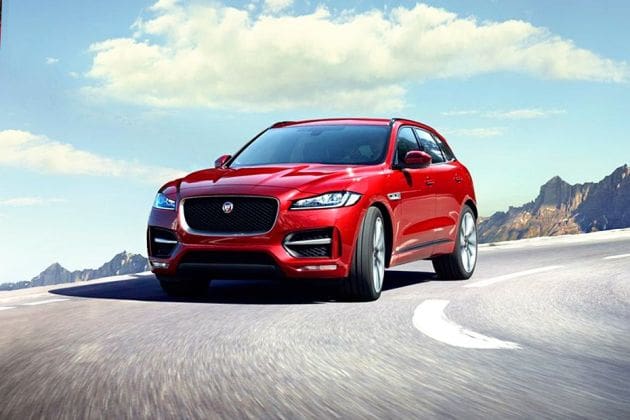JLR commits to reducing vehicle emissions by 54% across value chain by 2030


Jaguar Land Rover on Thursday revealed its sustainability roadmap for 2030, announcing its commitment to reducing average vehicle emissions across its value chains by 54 per cent, including a 60 per cent reduction throughout the use phase of its vehicles. It will also work on reducing green house emissions across its operations by 46 per cent by the end of the decade.
The targets set by the automaker are approved by the Science Based Targets initiative (SBTi) and are in line with the Paris Climate Agreement as the company is on the pathway to a 1.5°C emissions reduction. Jaguar Land Rover first announced its commitment to the SBTi as part of its support for COP26 - the climate change summit that was held in November last year.
Also check these Cars
The target to reduce its direct greenhouse gas emissions across vehicle manufacture and operations by 46 per cent in absolute value is set against a 2019 baseline. While these targets form a part of Jaguar Land Rover’s 2030 sustainability roadmap, they will be followed by a second-decade ambition for net-zero emissions across the supply chain, product, and operations by 2039, as part of its Reimagine strategy.
Also Read : Jaguar repurposes used I-Pace battery to a portable energy storage system
To achieve its 2039 targets, the company will decarbonise across design and materials, manufacturing operations, supply chain, electrification, battery strategy, circular economy processes, and up to end-of-life treatment.
To keep up with its mission, the company has introduced a new role of Sustainability Director, and has appointed Rossella Cardone to drive this transformation while supporting François Dossa, Executive Director, Strategy and Sustainability. "As we move from climate ambition into action, we are now embedding sustainability into the Jaguar Land Rover DNA to minimise our carbon footprint across our value chain," said Cardone.
He added that science-based targets help the company know how much and how quickly the greenhouse gas emissions need to be reduced as well as keeping stakeholders informed about the progress. Praising these efforts, Alberto Carrillo Pineda, Managing Director, Science-Based Targets at CDP, said, "We congratulate Jaguar Land Rover on setting science-based targets consistent with limiting warming to 1.5C, the most ambitious goal of the Paris Agreement."








 1999.0 cc
1999.0 cc Diesel
Diesel



















